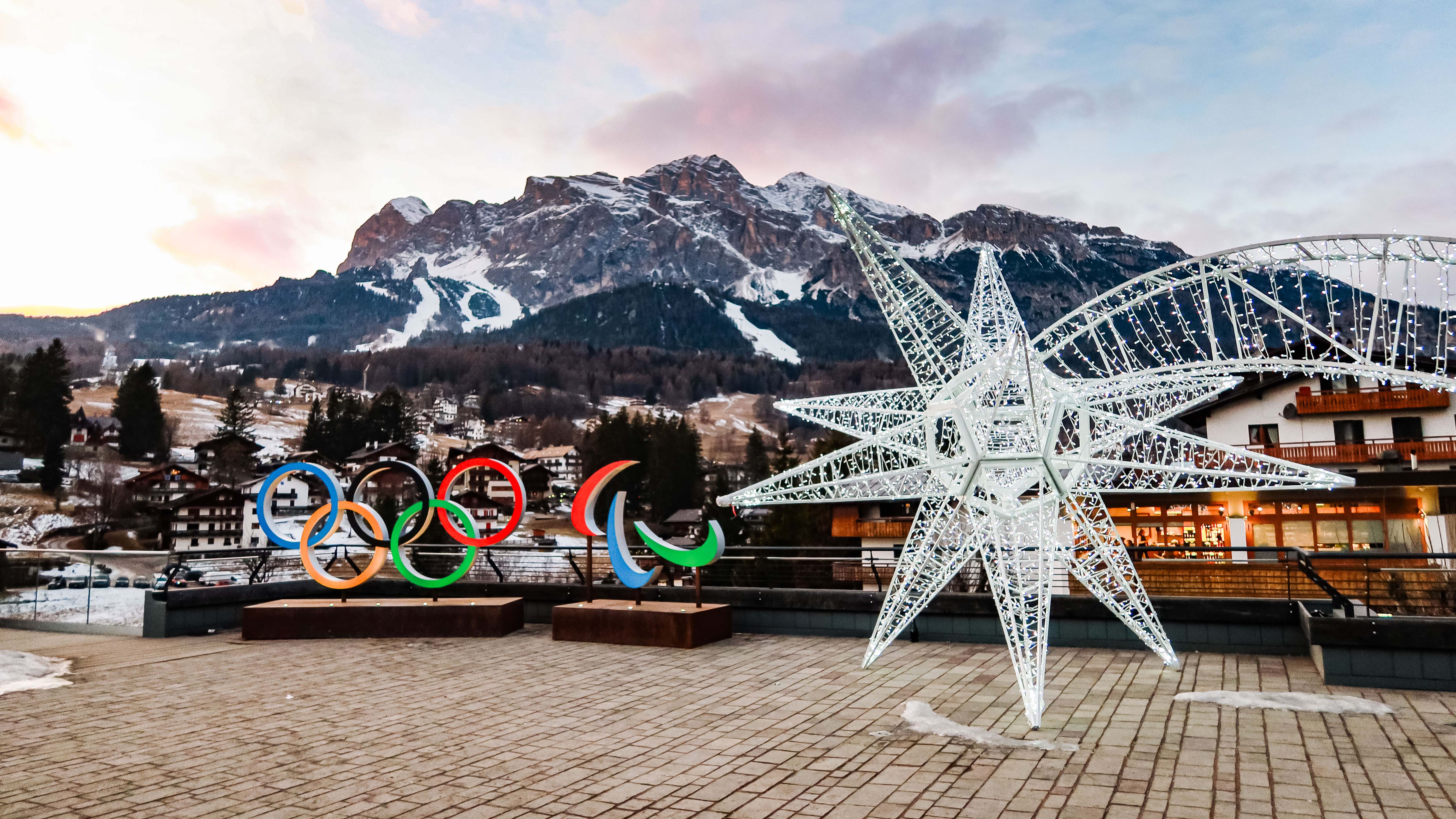Was there corruption in the spectrum auction?
The failure to draw sufficient bids to build a wireless network for emergency responders from the FCC spectrum auction has provoked sharp criticism by consumer groups and leaders of the 9/11 Commission. It also prompted a call to investigate whether auction rules were broken.
Nine organizations, including the Consumer Federation of America and Consumers Union, wrote to FCC Chairman Kevin J. Martin, saying the FCC should “investigate carefully the allegations” that representatives of the nation’s police, fire and emergency officials undermined the auction. They cited reports that public-safety representatives demanded that any winner of the auction make additional payments to them.
“This is a key recommendation, and the fact that it has become so difficult to achieve is a source of deep, deep disappointment to us,” said former representative Lee H. Hamilton, co-chairman of the 9/11 panel, which issued its findings in 2004. “I’ve lost patience. . . . The slowness of this just indicates a lack of urgency and a lack of concern about human survival and human life if a disaster strikes.”
Martin said he asked the FCC inspector general to investigate complaints.
“My commitment to making sure we find a way to solve the interoperability problems of public safety has not changed,“ Martin said. “I want to be cautious. There are some allegations of impropriety of public safety groups that hired certain contractors.”
FCC anti-collusion rules prohibit participants from discussing the auction until 10 days after its close. But the consumer groups and several sources close to the prospective bidders said their concerns center on the role played by the Public Safety Spectrum Trust, the nonprofit group representing public-safety organizations and its advisory firm, Cyren Call.
The professional video industry's #1 source for news, trends and product and tech information. Sign up below.
